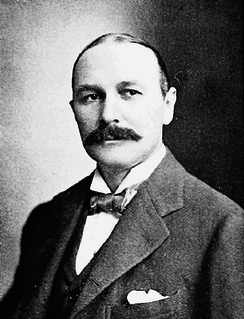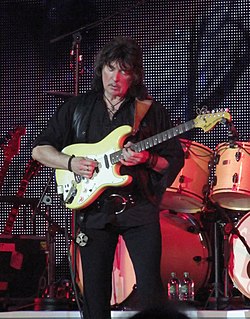A Quote by David Byrne
Related Quotes
I'm not one for sitting around listening to my own music, because I tend to cringe and think that I could have done better. I also suffer from red light syndrome quite a lot. I tend to narrow my thinking when the red light goes on to record. Instead of just relaxing and playing and emoting, I think of time being wasted so I won't take a chance on something. Consequently, when I hear it back, I think, "Why the hell did I play it so safe on that piece of music when I could have really opened up?" Well, it's because of not wanting to make a mistake.
We never really see time. We see only clocks. If you say this object moves, what you really mean is that this object is here when the hand of your clock is here, and so on. We say we measure time with clocks, but we see only the hands of the clocks, not time itself. And the hands of a clock are a physical variable like any other. So in a sense we cheat because what we really observe are physical variables as a function of other physical variables, but we represent that as if everything is evolving in time.
I love the idea of engaging the object, whether it be architecture or a piece of good graphic design, or a good painting, or piece of sculpture, or even a piece of industrial manufactured object. A piece of engineering can be quite beautiful, too, or a photomicrograph, or a cosmic photograph. We're physical beings and why deny that. So in that sense, it's very sensual to have an object that has the power to communicate some emotion or a state or give you some sense.
You have to seduce the reader, manipulate their mind and heart, listen to the music of language. I sometimes think of prose as music, in terms of its rhythms and dynamics, the way you compress and expand the attention of a reader over a sentence, the way the tempo pushes you towards an image or sensation. We want an intense experience, so that we can forget ourselves when we enter the world of the book. When you are reading, the physical object of the book should disappear from your hands.
It is not a mistake to commit a mistake, for no one commits a mistake knowing it to be one. But it is a mistake not to correct the mistake after knowing it to be one. If you are afraid of committing a mistake, you are afraid of doing anything at all. You will correct your mistakes whenever you find them.




































